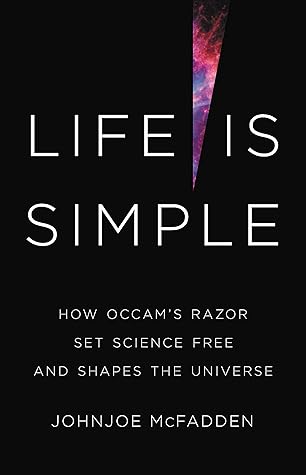We can see here our first encounter with William’s razor, in the argument that ‘it is vain to do with more what can be done with less’. In itself, this was not entirely new. Nearly two millennia earlier, in his Movement of Animals, Aristotle had written that ‘nature does nothing in vain’. However, rather than an argument for economy in nature, William uses the razor to attack the logic that underpinned universals. He writes that ‘The universal is not some real thing having a psychological being (esse subjectivum) in the soul or outside of the soul. It has only a logical being (esse objectivum)
...more
Welcome back. Just a moment while we sign you in to your Goodreads account.


